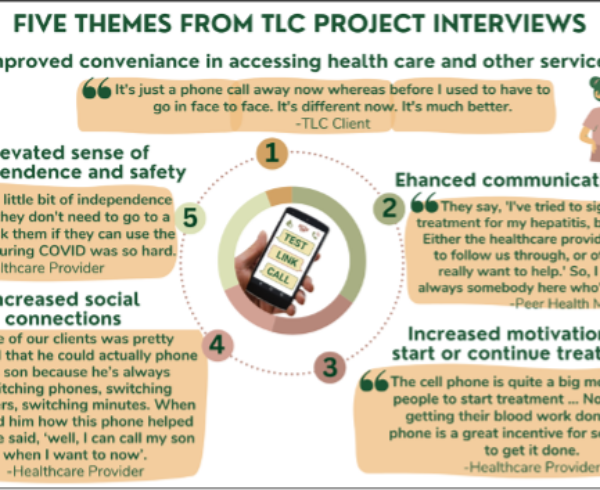
SEPTEMBER 5, 2024. By Amrit Tiwana, Nicola Gale, and Sofia Bartlett. People who experience criminalization, such as those who have been incarcerated,Read more



About Us
The You Matter Lab is an applied public health research lab embedded at the British Columbia (BC) Centre for Disease Control (CDC). The lab is led by Dr. Sofia Bartlett, Scientific Director (Interim) for Clinical Prevention Services at the BC CDC and Assistant Professor (Partner) at the UBC School of Population and Public Health. Grounded in the principles of equity, harm reduction, and community-engaged research, the You Matter Lab focuses on improving population level health and well-being through reducing the impact of communicable diseases on people impacted by incarceration, substance use, and structural stigma. Our work focuses on addressing infections which most disproportionately impact this population, including sexually transmitted and blood-borne infections (STBBIs) such as HIV or hepatitis C virus, as well as COVID-19 and tuberculosis.
The You Matter Lab builds on the foundation of the STBBI Pathways Project — which was a collaboration between the BC CDC and BC Mental Health and Substance Use Services carried out from 2020-2022. This initial project was centered on the voices and preferences of people living with or at risk for STBBIs who experience incarceration in BC, in order to create person-centered and trauma-informed guidelines for how to provide STBBI testing and care in provincial correctional centres. The You Matter Lab expands this vision into a broader, long-term program of embedded and applied public health research, aiming to create systems and services where everyone feels seen, heard, and valued— and knows that they matter.
Our Goals
We strive to generate actionable evidence to inform interventions, programs, and policies using mixed-methods, community-based, and participatory research. Our work is shaped by close collaborations with community members, particularly those who have lived or living experience of STBBIs, peer researchers, clinicians, and decision-makers, and is guided by a foundational commitment to intersectional health equity. In fulfillment of our legally enshrined obligations under the BC Declaration on the Rights of Indigenous Peoples Act and the Government of Canada’s United Nations Declaration on the Rights of Indigenous Peoples Act, we strive to uphold Indigenous sovereignty in all aspects of our work.
Our Values
We work on transformative projects to help improve health outcomes for people who experience incarceration, substance use, and structural stigma with a focus on addressing STBBIs. Check out some of the projects we are working on:

The You Matter Pathways to STBBI Care project is funded through the Public Health Agency of Canada …

We recently received funding for the Test, Link, Call (TLC) Project which will be launched in Fall 2021 …

The “Addressing COVID-19 Vaccine concerns among people who are incarcerated” (ADVANCE) study involves COVID-19 vaccine research …
The focus of the educational resources and tools in this website are to address gaps in what is available to provide education specifically for people who are incarcerated, using substances, or experiencing structural marginalisation, as well as for staff working with these people. Check out some of the resources created listed by health area below:
The Guidelines and Tools pages include links to current STBBI-related guidelines, templates, tools and other resources to support engagement with people affected by or at risk of STBBIs.
The News & Stories page include blogs written by team members, news, project updates and past and upcoming events.

SEPTEMBER 5, 2024. By Amrit Tiwana, Nicola Gale, and Sofia Bartlett. People who experience criminalization, such as those who have been incarcerated,Read more

AUGUST 2024. By Nicola Gale, RPh (APA), MPH. More about Nicola Gale. Nicola Gale is a clinical pharmacist with an out-patient liverRead more

By Pacific Public Health Foundation NOVEMBER 8, 2023, Pacific Public Health Foundation Test, Link, Call: a simple premise with a powerful purposeRead more

By BC Ministry of Health JULY 30, 2023, BC Ministry of Health Communications People in B.C. will be better protected against theRead more
